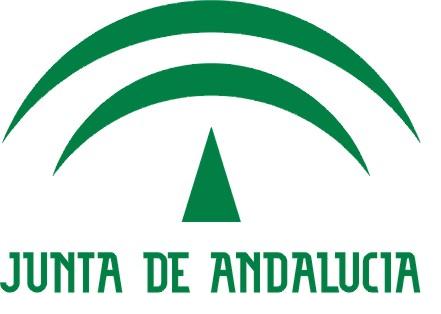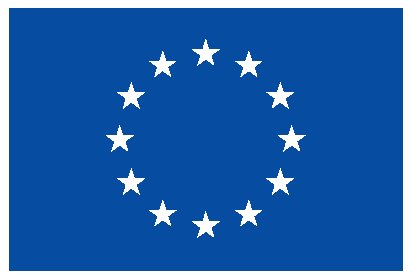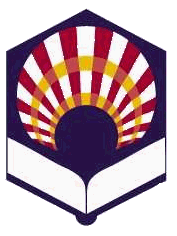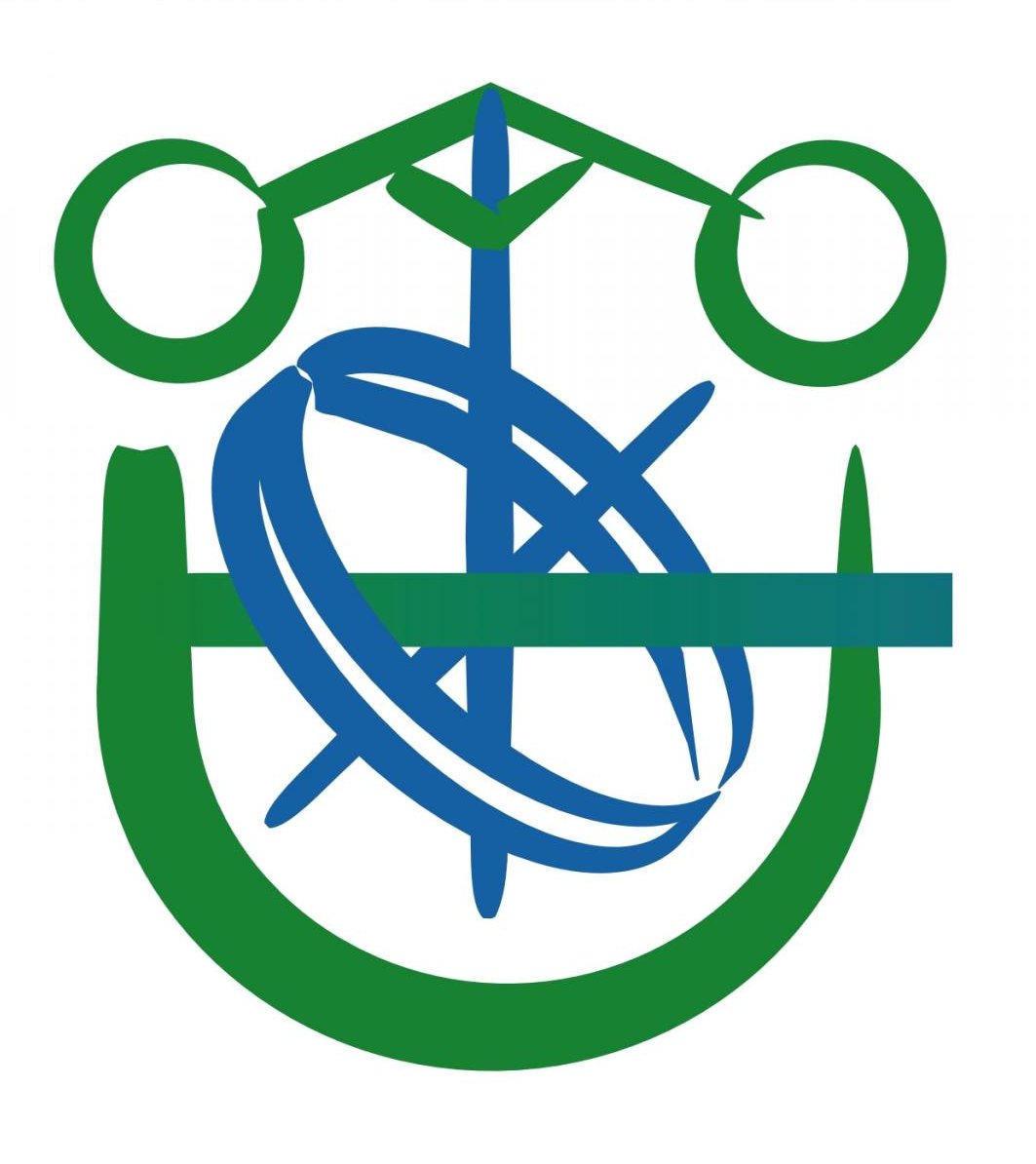Hackathon in teaching: applying machine learning to Life Sciences tasks
Hits: 4354
- Research areas:
- Uncategorized
- Year:
- 2022
- Type of Publication:
- In Proceedings
- Authors:
-
- Guijo-Rubio, David
- Vargas, Víctor Manuel
- Barbero-Gómez, Javier
- Die, Jose V.
- González-Moreno, Pablo
- Volume:
- 532
- Book title:
- Proceedings of the 13th International Conference on European Transnational Education (ICEUTE 2022)
- Series:
- Lecture Notes in Networks and Systems
- Pages:
- 236-246
- Month:
- 5th - 7th September
- BibTex:
- Abstract:
- Programming has traditionally been an engineering competence, but recently it is acquiring significant importance in several areas, such as Life Sciences, where it is considered to be essential for problem solving based on data analysis. Therefore, students in these areas need to improve their programming skills related to the data analysis process. Similarly, engineering students with proven technical ability may lack the biological background which is likewise fundamental for problem-solving. Using hackathon and teamwork-based tools, students from both disciplines were challenged with a series of problems in the area of Life Sciences. To solve these problems, we established work teams that were trained before the beginning of the competition. Their results were assessed in relation to their approach in obtaining the data, performing the analysis and finally interpreting and presenting the results to solve the challenges. The project succeeded, meaning students solved the proposed problems and achieved the goals of the activity. This would have been difficult to address with teams made from the same field of study. The hackathon succeeded in generating a shared learning and a multidisciplinary experience for their professional training, being highly rewarding for both students and faculty members.







